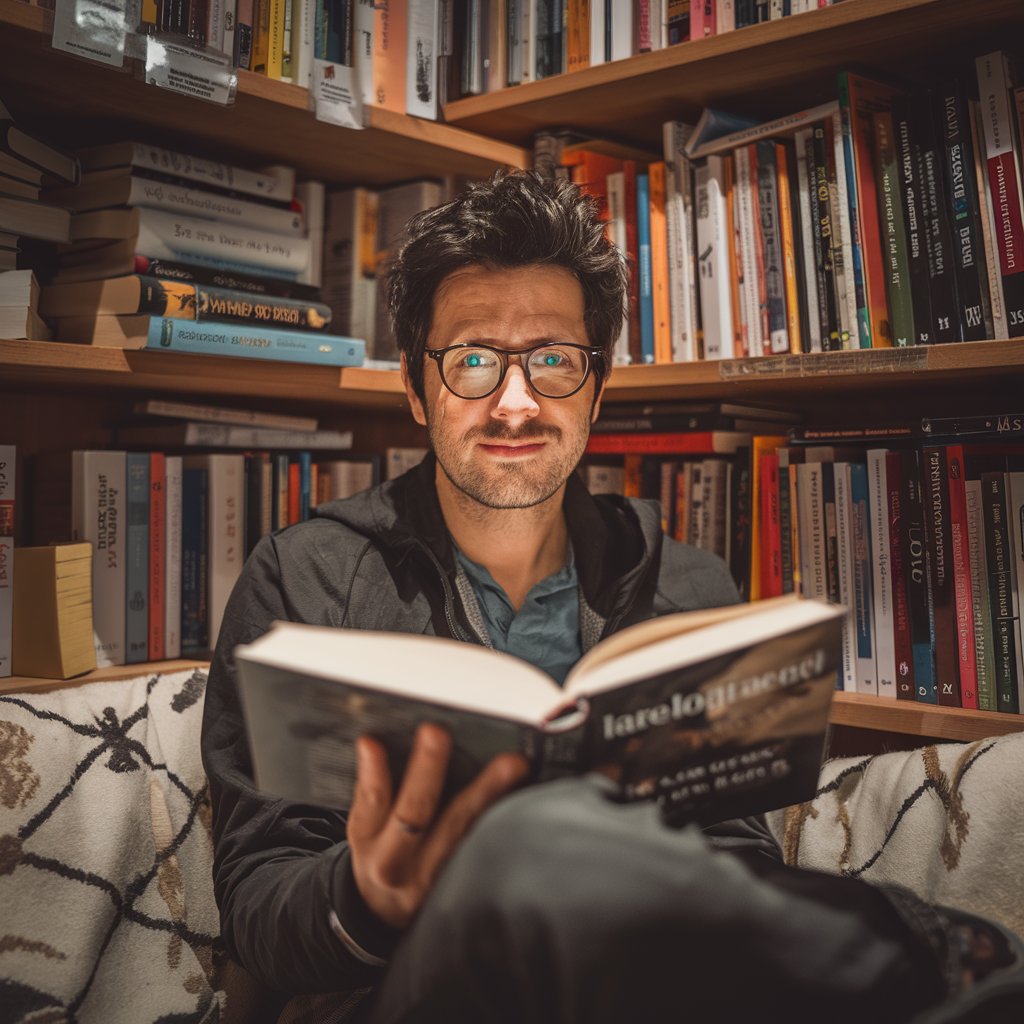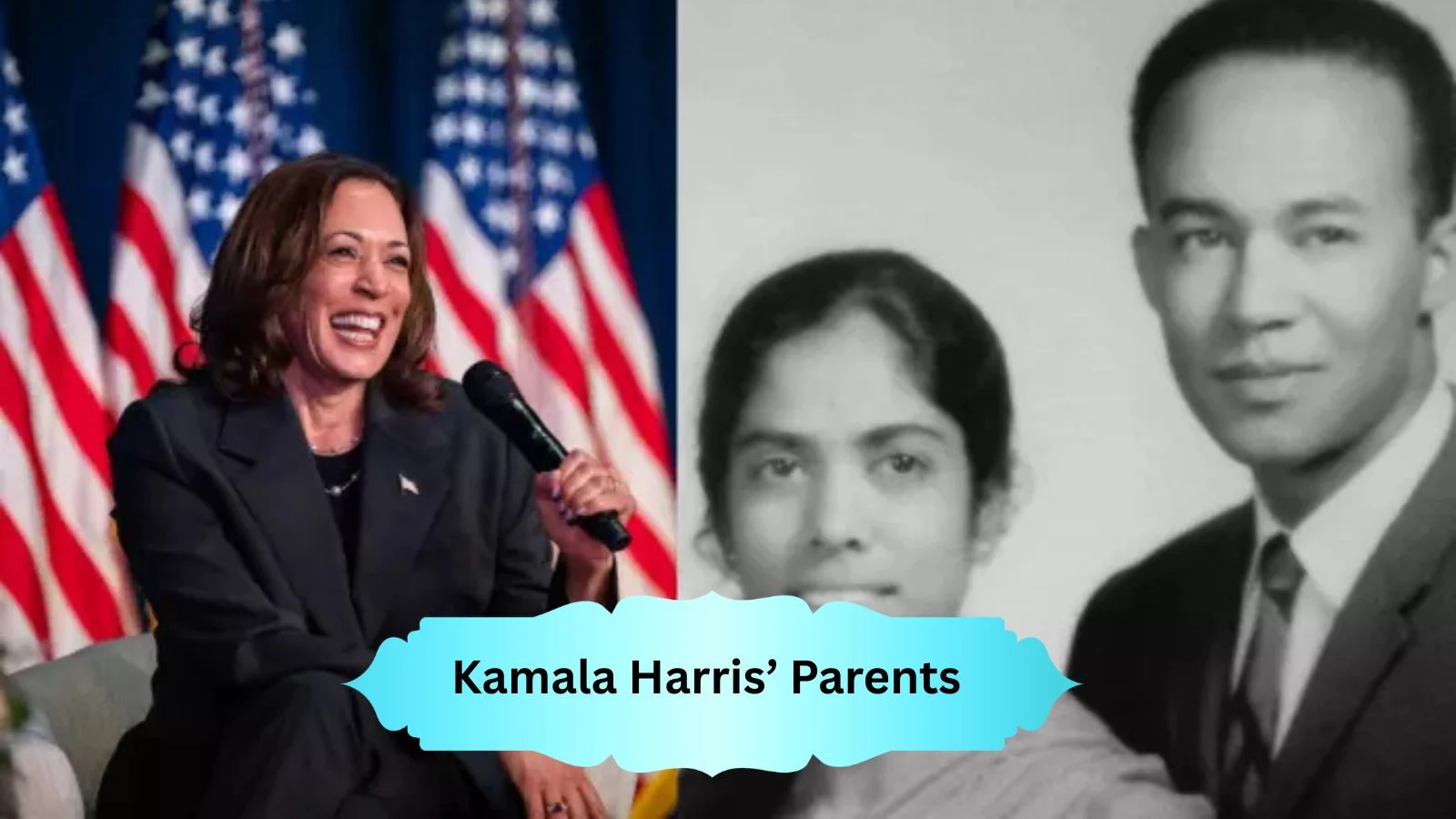When Kamala Harris became the 49th Vice President of the United States in 2021, the spotlight didn’t just shine on her — it illuminated the remarkable life stories of her parents, Shyamala Gopalan and Donald J. Harris.
Their journey from opposite sides of the globe to the heart of the American Civil Rights Movement shaped not only their daughter’s worldview but also the history of U.S. politics.
Shyamala Gopalan and Donald J. Harris — A Union That Shaped History
Shyamala, a biomedical scientist from India, and Donald, an economist from Jamaica, met in the politically charged halls of UC Berkeley in the 1960s. They weren’t just academics — they were activists, dreamers, and doers who believed in justice and equality.
| Parent | Origin | Profession | Notable Contributions |
| Shyamala Gopalan | Chennai, India | Cancer researcher, endocrinologist | Groundbreaking work on breast cancer and hormones |
| Donald J. Harris | Brown’s Town, Jamaica | Economist, professor | Influential in development economics and policy advising in Jamaica |
Their marriage in 1964 brought together two rich heritages — Tamil Indian and Afro-Caribbean — in a union that would nurture one of America’s most prominent political leaders.
Early Life of Shyamala Gopalan in Chennai, India
Born in 1938 in the vibrant city of Madras (now Chennai), Shyamala was raised in a Brahmin family that valued education and public service. Her father, P.V. Gopalan, was a senior diplomat in the Indian government, and her mother, Rajam Gopalan, was deeply involved in community work.
Shyamala’s childhood was shaped by the post-independence optimism of India and a family culture that encouraged intellectual curiosity.
| Year | Event |
| 1938 | Born in Chennai, India |
| 1950s | Attended British-run schools |
| 1960 | Graduated in Zoology from the University of Delhi |
| 1960s | Won scholarship to UC Berkeley at age 19 |
Academic Brilliance: From Zoology to Endocrinology
At just 19, Shyamala left India for the University of California, Berkeley, defying social expectations for women at the time. She pursued a Ph.D. in nutrition and endocrinology, focusing on the study of hormones and their link to breast cancer.
She worked at respected institutions, including:
- University of Illinois
- McGill University in Montreal
- Lawrence Berkeley National Laboratory
Her research not only advanced science but also inspired young women in STEM fields.
Donald J. Harris’ Jamaican Roots and Early Education
Donald was born in Brown’s Town, Jamaica, in 1938, into a modest family with strong values on education. His mother, Beryl Christie, was a teacher, and his father, Oscar Joseph Harris, managed a local store.
He attended Jamaican schools before earning a scholarship to study economics in the United Kingdom.
| Family Member | Occupation | Influence on Donald |
| Beryl Christie (Mother) | Teacher | Instilled discipline and love for learning |
| Oscar Joseph Harris (Father) | Store owner | Modeled entrepreneurship and work ethic |
From Jamaica to the United States: A Journey of Purpose
Donald completed his undergraduate work in the U.K. before moving to UC Berkeley for a Ph.D. in economics. His focus on development economics would later make him an influential voice in Caribbean economic policy.
UC Berkeley and the Civil Rights Movement Connection
The early 1960s campus atmosphere was charged with activism — from anti-war protests to civil rights marches. Both Shyamala and Donald joined the Afro-American Association, where they debated race, colonialism, and self-determination.
How Shyamala and Donald Met in a Study Group in 1962
They met not at a rally, but in an economics study group in 1962. Shyamala, passionate about science, and Donald, immersed in political theory, bonded over conversations about colonial power, independence, and racial justice.
Marriage in 1964 and the Berkeley Years
The couple married in 1964, in a small ceremony attended by fellow students and activists. Life in Berkeley was a mix of academic rigor and political engagement.
Parenting Kamala and Maya in a Multicultural Home
Kamala (born October 20, 1964) and Maya (born January 30, 1967) grew up in a home filled with Tamil food, Jamaican music, and civil rights conversations.
| Value Taught | Example from Home |
| Justice | Parents took them to protests and rallies |
| Cultural Pride | Celebrated Indian festivals and Jamaican traditions |
| Education | Encouraged reading, debate, and curiosity |
The Divorce of 1972 and Co-Parenting Challenges
The marriage ended in 1972. Shyamala retained primary custody, raising the girls in Oakland but ensuring they stayed connected to their father’s Jamaican heritage.
Shyamala Gopalan’s Cancer Research Legacy
Her work on hormone-responsiveness in breast tissue remains influential in cancer research. She published numerous papers, reviewed for the National Institutes of Health, and worked with Breast Cancer Action.
Donald J. Harris: Economist, Professor, and Policy Adviser
Donald became a professor emeritus at Stanford University and advised Jamaican prime ministers on economic strategy. His 2021 recognition with the Order of Merit in Jamaica honored his contributions.
Influence of Indian and Jamaican Heritage on Kamala Harris
Kamala often says she’s “American, but deeply rooted in Indian and Jamaican cultures.” This dual heritage taught her to navigate a racially and ethnically complex society.
Growing Up in Oakland and the Bay Area
The Bay Area in the 1970s was a melting pot of activism, music, and cultural diversity — an environment that shaped Kamala’s progressive outlook.
The Role of the Afro-American Association in Family Life
The Association encouraged discussions on Black empowerment, influencing both parents’ parenting style and Kamala’s sense of civic duty.
Shyamala Gopalan’s Activism in the Civil Rights Movement
She marched with leaders like John Lewis, attended speeches by Shirley Chisholm, and brought her daughters along to witness activism firsthand.
Donald J. Harris’ Contributions to Economic Policy in Jamaica
Donald helped craft Jamaica’s Growth-Inducement Strategy and wrote influential academic works on uneven development and capital accumulation.
How Kamala Harris Describes Her Mother’s Influence
In her memoir The Truths We Hold, Kamala calls her mother “the most important influence in my life,” crediting her with her fearlessness and public service ethic.
The Impact of Losing Shyamala to Colon Cancer in 2009
Her death deeply affected Kamala, influencing her political focus on healthcare access, early detection, and cancer research funding.
Family Traditions: From Indian Festivals to Jamaican Music
Even with their differences, the family blended traditions — Diwali lamps and reggae records coexisted in the Harris household.
Regina Shelton — The “Second Mother” in Kamala’s Life
When Shyamala was at work, neighbor Regina Shelton cared for Kamala and Maya, teaching them about faith, community, and collective responsibility.
How Heritage Shaped Kamala’s Political Values
Her upbringing instilled values of justice, equality, and multicultural respect, which resonate in her political decisions today.
Public Perception of Kamala Harris’ Parents in Media and Campaigns
Media coverage — from The New York Times to Los Angeles Times — often highlighted Kamala’s immigrant roots as part of her unique political narrative.
Lessons from Shyamala and Donald’s Lives for Future Generations
Their stories remind us that cross-cultural understanding, education, and civic engagement can change history.
FAQs
Q1: Who were Kamala Harris’ parents?
A: Shyamala Gopalan, an Indian-born cancer researcher, and Donald J. Harris, a Jamaican-born economist.
Q2: Where did they meet?
A: At UC Berkeley in 1962, in a student study group.
Q3: Did both parents influence Kamala’s political views?
A: Yes — her mother’s activism and her father’s academic work both shaped her sense of justice and policy focus.
Q4: What happened to Shyamala Gopalan?
A: She died of colon cancer in 2009.
Q5: Is Donald J. Harris still alive?
A: Yes, he is a professor emeritus and continues writing on economic policy.
Conclusion
The lives of Shyamala Gopalan and Donald J. Harris tell a story of migration, education, activism, and resilience. They brought their cultures, struggles, and dreams to the United States, raised daughters in a vibrant multicultural environment, and left legacies that extend far beyond their family. Kamala Harris’ success as Vice President is, in many ways, a testament to the values her parents instilled — the courage to lead, the commitment to justice, and the belief that no dream is too bold.












